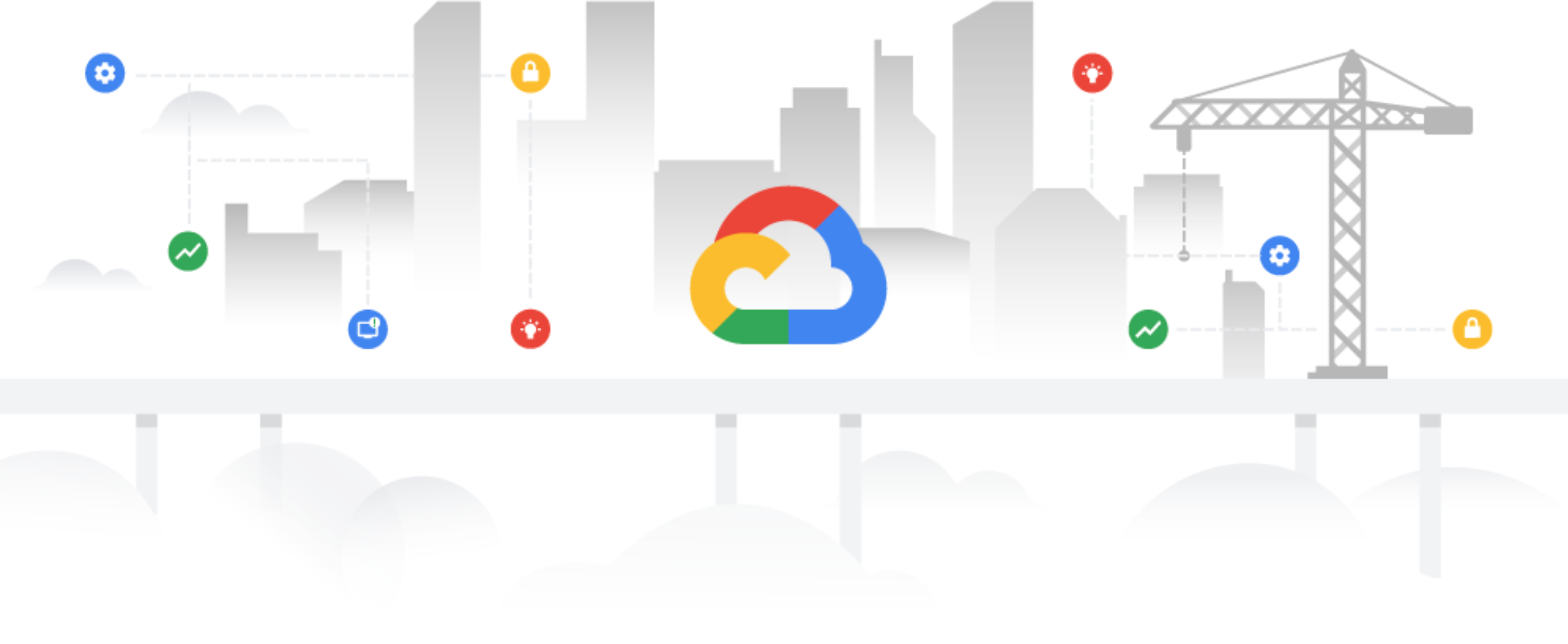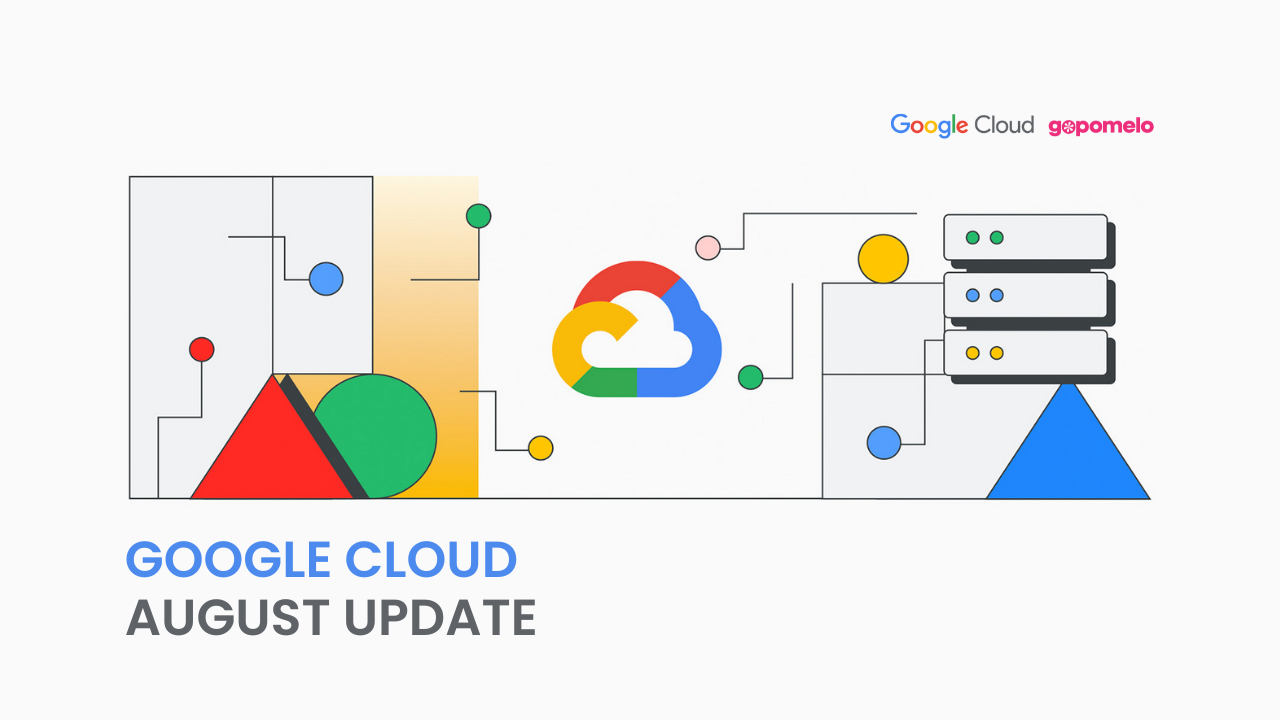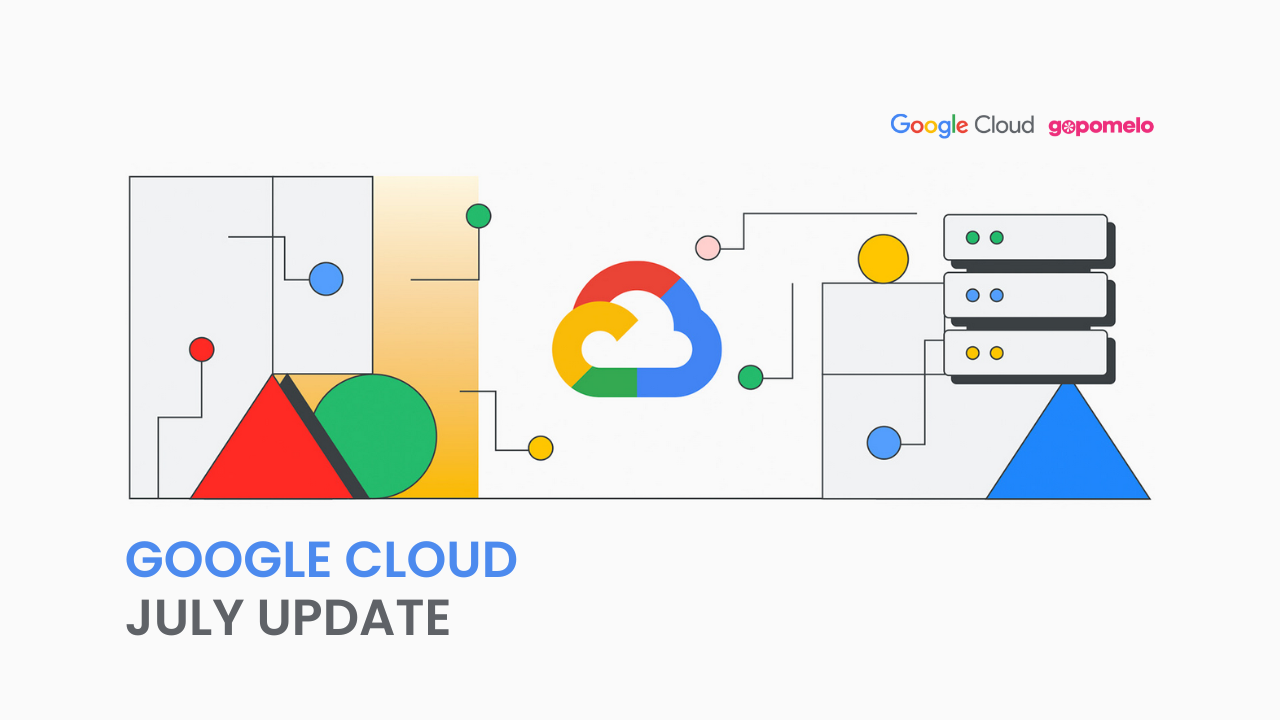Google Cloud Update Summary - March 2024
The summary of essential information about Google Cloud in March 2024
CONTAINERS & KUBERNETES
⭐ Regional vs. zonal GKE clusters: making the right choice for your workloads
Google Kubernetes Engine (GKE) empowers businesses to efficiently orchestrate, manage, and scale containerized applications within Google Cloud. When designing your GKE environment, a pivotal decision arises: selecting between a regional or zonal cluster. This choice significantly impacts your application's availability, scalability, and cost-effectiveness. Read more.
⭐ Running AI on fully managed GKE, now with new compute options, pricing and resource reservations
Google announces the new Accelerator compute class in Autopilot that improves GPU support with resource reservation capabilities, and a lower price for most GPU workloads (you can opt in to this pricing today, and eventually all workloads will be migrated). In addition, a new Performance compute class enables high-performance workloads to run on Autopilot mode at scale. Both compute classes also have more available ephemeral storage right on the boot disk, giving you more room to download AI models, etc before needing to configure additional storage via generic ephemeral volumes. With these enhancements, using our fully managed Kubernetes platform for inference and other compute-intensive workloads is even better. Read more.
DATA ANALYTICS
⭐ Unleash the power of generative AI with BigQuery and Vertex AI
Google is announcing innovations that further connect data and AI with increased scale and efficiency using BigQuery and Vertex AI, allowing you to:
- Simplify multimodal generative AI for enterprise data by making Gemini models available through BigQuery ML
- Unlock value from unstructured data by expanding BigQuery integration with Vertex AI’s document processing and speech-to-text APIs
- Build and unleash AI-powered search of your business data with vector search in BigQuery
Bringing AI directly to your data using first-party model integration with BigQuery and Vertex AI democratizes the power of generative AI to all data teams and allows you to seamlessly activate your enterprise data with large language models. This makes building AI-driven analytics simpler, faster and more secure, while taking advantage of BigQuery’s unique serverless architecture for scale and efficiency. Read more.
⭐ Dive deeper into Gemini with BigQuery and Vertex AI
Google recently announced innovations that further connect data and AI using BigQuery and Vertex AI. Let's dive deeper into some of the innovations and show you how to use Gemini 1.0 Pro in BigQuery. Read more.
⭐ Unify analytics with Spark procedures in BigQuery, now generally available
Today, Google is announcing the general availability (GA) of Apache Spark stored procedures in BigQuery. BigQuery users looking to extend their queries with Spark-based data processing can now use BigQuery APIs to create and execute Spark stored procedures. It brings Spark together with BigQuery under a single experience, including management, security and billing. Spark procedures are supported using PySpark, Scala and Java code. Read more.
⭐ Introducing new BigQuery features to simplify time-series data analysis
Google is invite customers to join a preview of new SQL features that simplify time series analysis in BigQuery. These new features simplify writing queries that perform two of the most common time series operations: windowing and gap filling. We are also introducing the RANGE data type and supporting functions. The RANGE type represents a continuous window of time and is useful for recording time-based state of a value. Combined, these features make it easier to write time series queries over your data in BigQuery. Read more.
DATABASES
⭐ Google Cloud databases stand ready to power your gen AI apps with new capabilities
Google is announcing the general availability (GA) of AlloyDB AI, an integrated set of capabilities in AlloyDB to easily build enterprise gen AI. Google is also announcing vector search capabilities across more of our databases including Spanner, MySQL, and Redis to help developers build gen AI apps with their favorite databases, and we are adding integrations with LangChain, a popular framework for developing applications powered by language models. Read more.
⭐ Build generative AI applications with similarity search in Cloud SQL for MySQL
Cloud SQL now allows you to store vectors in the same Cloud SQL for MySQL instance you’re already using, and then search against your vector store using either an exact nearest neighbor (KNN) or approximate nearest neighbor (ANN) search. Read more.
⭐ Build generative AI and similarity search applications at virtually unlimited scale with Spanner
Find out how vector search can enhance gen AI applications, and how Spanner’s underlying architecture supports extremely large-scale vector search deployments. In addition, we discuss the many operational benefits of using Spanner instead of a dedicated vector database. Read more.
SECURITY & IDENTITY
⭐ Google Cloud databases stand ready to power your gen AI apps with new capabilities
Google is announcing the general availability (GA) of AlloyDB AI, an integrated set of capabilities in AlloyDB to easily build enterprise gen AI. Google is also announcing vector search capabilities across more of our databases including Spanner, MySQL, and Redis to help developers build gen AI apps with their favorite databases, and we are adding integrations with LangChain, a popular framework for developing applications powered by language models. Read more.
⭐ Introducing Security Command Center Enterprise: The first multicloud risk management solution fusing AI-powered SecOps with cloud security
Google Cloud is announcing Security Command Center Enterprise, the industry’s first cloud risk management solution that fuses proactive cloud security and enterprise security operations — supercharged by Mandiant expertise. Read more.
⭐ How to set compliance controls for your Google Cloud Organization
Assured Workloads is a modern cloud solution that allows companies to more easily run regulated workloads in many of Google Cloud’s global regions. Assured Workloads can help you ensure comprehensive data protection and regulatory compliance across your Google Cloud Organization. It allows you to apply specific security and compliance controls to a folder in support of your compliance requirements. Assured Workloads supports many compliance programs to create regulated boundaries in Google Cloud. Read more.
Source: https://cloud.google.com/blog/products/gcp
















 Twitter
Twitter Youtube
Youtube.png)

